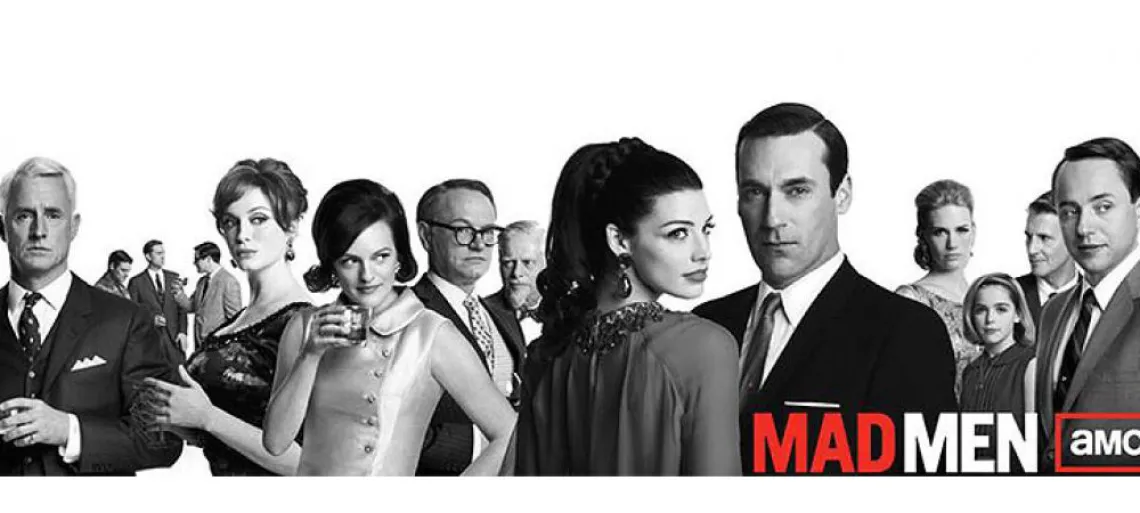Goodbye Mad Men, Hello Grief
UA Eller College researcher helps businesses understand what “a good death” could look like for their most beloved brands.

When Mad Men airs its final episode this May, millions of fans across the country will grieve one of the most acclaimed TV series in recent history. Similar to what fans experienced when Parks and Rec and Glee ended recently, it’s the end of an era, but to marketers, it’s the death of a brand. Millions in future revenues could hinge on whether or not it’s “a good death” in the public eye, and research by Hope Schau at the Eller College of Management is helping business leaders better understand exactly what that means.

Hope Schau, Eller Professor of Marketing.
Working with fans of four popular TV series, Schau and co-investigator Cristel Russell of American University found that fans experience multiple dimensions of loss when a series ends. Many are left wondering “what happens next” for characters they’ve come to know. Some miss those characters as if they’d been real social connections, and others do miss real connections: friends and family from social rituals formed around the shows, like weekly viewing parties.
Schau and Russell also found that fans cope with series endings in ways that parallel common responses to interpersonal loss, including:
- Collecting paraphernalia and mementos for a continuing emotional connection
- Trying to recapture the lost experience, for example by watching the series on DVD or in reruns
- Refusing to accept the loss by holding out hope the characters will return in a movie or demanding reinstatement of a canceled show
- Blaming people to make sense of the loss, such as lazy writers or pound-foolish executives looking to cut costs
Perhaps most importantly, hundreds of hours of interviews and extensive “netnography” data from online fan forums illuminated factors that differentiate people’s responses to their losses. Anger was common when fans felt a series’ potential stories hadn’t been exhausted, whereas fans were more positive about the loss when they felt a series ending came at a good time, not too soon, but also not after a show had been milked for all it was worth.
“Television, books and movies today are much more embedded in our social lives and how we tell the world who we are,” said Schau. “Now, when a series ends, not only do we experience that loss of story and fictional friends, we often feel some unraveling in our real-world connections and even our sense of self.”
Beyond TV shows, it’s a widely accepted marketing axiom that people choose brands to experience their implied or explicit stories, whether buying a sofa or booking a cruise. Thus, a central question in brand management is how best to manage the trajectories of product lifespans, yet there’s been little research on the end-phases of a brand-consumer love story.
This study on the “sudden death” of four narrative brands establishes a framework for exploring how managers might respond to other consumer stressors, Schau said, like perceived betrayals or transgressions (think iPhone’s 2010 “Antennagate” or Jim Beam’s short-lived 2013 decision to lower the alcohol content of Maker’s Mark). At the same time, it lays a foundation for tackling some of the most important questions corporations face: How long should brands live? How can a dying brand be revived? And if it has to happen, what’s the best way to pull the plug?
Schau, associate professor of marketing and Munsinger Chair in Entrepreneurship and Innovation, and Russell, associate professor of marketing, analyzed data spanning seven years from fans of All My Children, Entourage, Outrageous Fortune and The Sopranos. Their findings were published in the April 2014 issue of Journal of Consumer Research under the title, "When Narrative Brands End: The Impact of Narrative Closure and Consumption Sociality on Loss Accommodation."
Mad Men graphic courtesy AMC.

